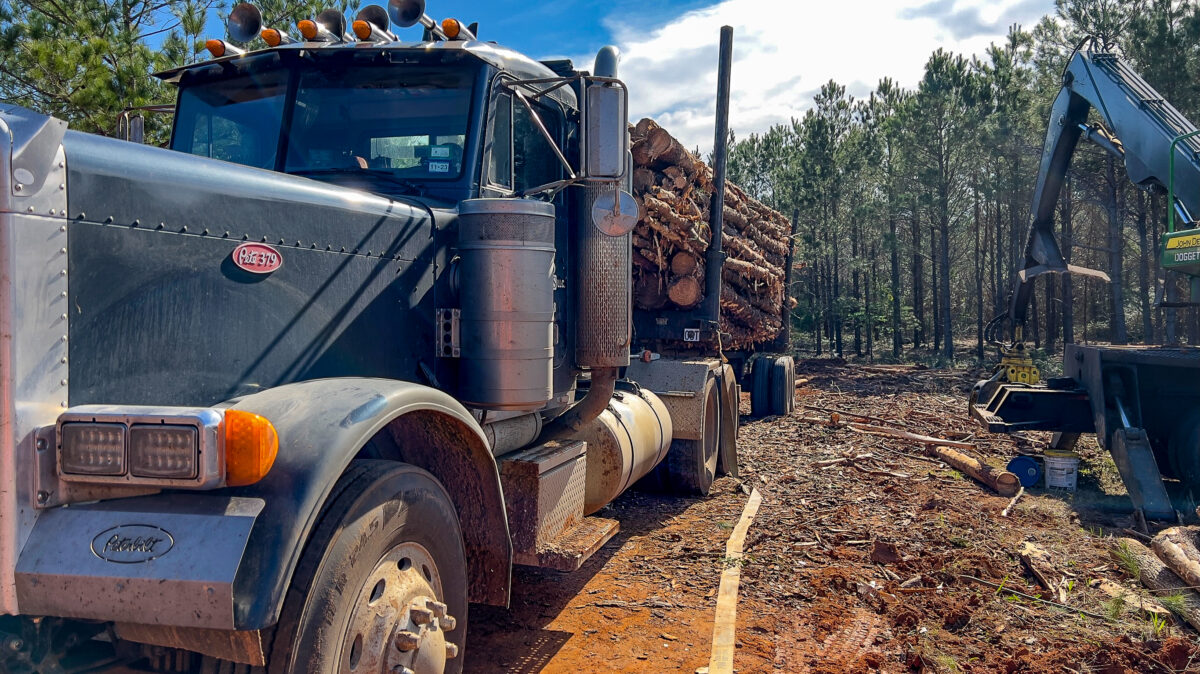Transportation Department Extends ELD Waiver for Ag Haulers
Erin Anthony
Director, Communications

photo credit: AFBF Photo, Mike Tomko
Erin Anthony
Director, Communications
Editor’s note: The recently passed 2018 omnibus spending bill includes a provision that prohibits the Department of Transportation from enforcing the electronic logging device mandate on haulers transporting livestock and insects through the end of fiscal 2018 (Sept. 30).
The Department of Transportation has again extended the deadline for agricultural haulers to comply with the electronic logging device mandate. DOT’s initial agricultural exemption was set to expire on March 18. The new extension, which carries the exemption through another 90 days, allows the department additional time to issue guidance on the newly interpreted 150 air-mile agricultural commodity exemption and the hours of service regulations.
While most farmers and ranchers should be exempt from the ELD mandate because they can claim covered farm vehicle status, drivers who haul livestock, live fish and insects are likely to fall under the requirements.
Drivers who have to use ELDs would be limited to current hours of service rules, which restrict a driver to only 14 “on duty” hours, with no more than 11 active driving hours. Once a driver hits those maximum hour allotments, he must stop and rest for 10 consecutive hours, which would be problematic when transporting livestock and other live animals.
Concerned about livestock haulers’ readiness to comply with the mandate, as well as how the mandate will affect the transported animals’ well-being, the American Farm Bureau Federation and seven livestock organizations last fall asked DOT for a waiver and exemption from the original Dec. 18 ELD implementation deadline.
In their petition, the groups pointed out livestock haulers’ strong commitment to ensuring the safety of both the animals they’re transporting and the drivers they share the road with. In addition, livestock haulers often receive specialized training beyond that required for their counterparts driving conventional commercial motor vehicles.
Another major roadblock to implementation for livestock haulers is their lack of awareness of the rule. Because the livestock hauling industry is small compared to the overall trucking industry, it isn’t well-represented before or strongly engaged by DOT’s Federal Motor Carrier Safety Administration. As a result, livestock drivers who are aware of the program have had difficulty researching the ELD marketplace and identifying cost-effective solutions that are compatible with livestock hauling.
In announcing the latest waiver extension, FMCSA said over the next 90 days it will publish final guidance on both the agricultural 150 air-mile exemption and personal conveyance, as well as continue its outreach to the agricultural industry and community regarding the ELD rule.